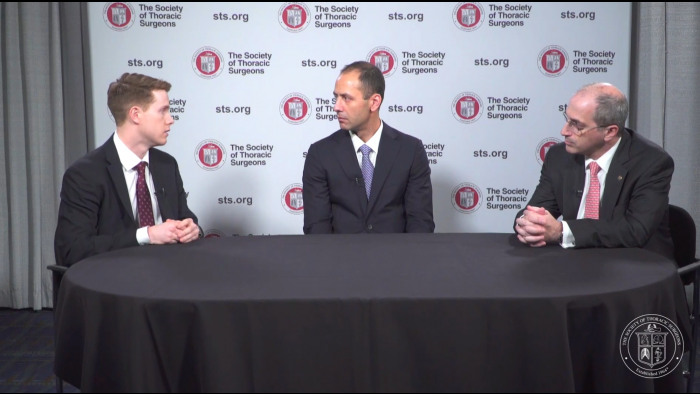Cardiothoracic surgeons are at significant risk of burnout because of long work hours, delayed career gratification, complex health care, intense personality, and poor work-life balance. In fact, recent data show that more than half of cardiothoracic surgeons reported feeling burned out. In this important roundtable discussion, Thomas K. Varghese Jr., MD, MS, gathers tips to avoid burnout from Oliver S. Chow, MD, Michal Hubka, MD, and Susan D. Moffatt-Bruce, MD, PhD, MBA.
